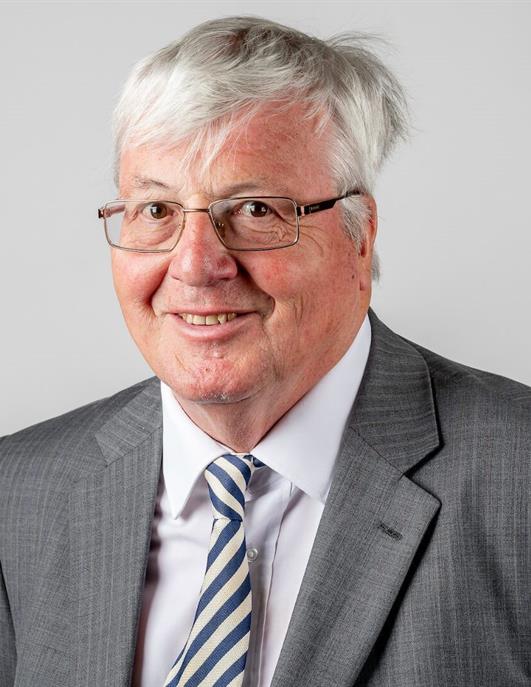


This week the Citizens' Assembly has published its report on how the island can help to tackle climate change, but so far there is no detail on how the proposed measures will be implemented or paid for.
At a Scrutiny Panel hearing yesterday, Dr Louise Magris, the Government's Director for Environmental Policy, said the level of ambition set by the Assembly would come at an “enormous cost”, suggesting it could amount to several hundreds of millions of pounds.
The report, which includes 14 recommendations on transport and heating, cooking and cooling – the main sources of carbon emissions in the island – was published yesterday. For each of their recommendations, the group of 45 randomly selected islanders provided a list of actions to be taken by the Government. While the Assembly set out deadlines for the implementation of those actions, there is so far no detail on how they should happen.

Pictured: Costs are not include in the report.
While the members of the Assembly were given access to detailed financial analysis wherever possible, as Professor Liz Bentley, the Chief Executive of the Royal Meteorological Society who chaired a specialist Advisory Panel, said, the potential costs involved with the recommendations have not been included in the final report.
“The citizens were asked to make recommendations on the date, and the how, but not to make the decisions that will be made by Government,” Emelita Robbins, the Chair-Convenor of the Assembly said. “They weren’t there to replace the decision-makers, they had the information, they gave informed and credible recommendations but the actual decision and how funds will be raised to address the costs will be for the States Assembly to determine.”
During a Scrutiny hearing with the Environment, Housing and Infrastructure Panel, Deputy John Young, the Environment Minister, said one of the key questions for him, to which he currently has no answer, is “who pays?”
“I asked at the briefing the Chairman of the Panel and the Panel members where they saw the balance lies between individuals, businesses and the taxpayer if you like and Government; and they thought it was a balance between a mixture of those,” he said. “I have asked the officers about this. I understand there are a lot of numbers and information available to the members of the Assembly, but I do believe as the States progress with those recommendations, we are going to have to look at those numbers and we are going to have to make those decisions.
“My personal view is that I think it is inevitable that there will have to be financial structures to enable incentives and obviously incentives have to be paid for but I see it by nature of an investment as opposed to a cost because this is such long-term vision and project, I believe there are opportunities there, which could lead to real economic positives and I think that’s a dialogue that I expect us to have.”

Pictured: The Environment Minister said the issue of funding was key for him.
Dr Louise Magris added that it would be up to the States Assembly to decide whether they believe, “...the investment in carbon-neutral is right and outweighs the cost of not being carbon-neutral or being carbon-neutral at a later date."
She added that Government officials will have to come up with a potential plan, including proposals identifying where money would be coming from, for the States Assembly to consider, suggesting the overall costs of an early transition could be over several hundred millions of pounds.
Dr Magris also explained that it is unlikely Jersey will be able to achieve carbon neutrality by 2030 and will therefore be forced to purchase “offsets” at a cost of £5 to £6 million pounds a year to compensate for the “unavoidable” residual emissions.
During the hearing, the Environment Minister revealed the Citizens’ Assembly had cost a total of £389,008, which he described as expensive.
He added that the value for money of the exercise would have to be assessed as the cost had been higher than he expected.
“That’s absolutely not a criticism from be because this was a completely new thing to do and if you decide to do a thing like this you have to do it properly, you don’t do half measures and therefore, no half measures have been taken, no shortcuts have been taken, this has been done as well as it could be done I believe for a first time,” he said.
Dr Magris explained the budget, which had been taken out of the Climate Change Emergency Fund, included £172,000 for the Citizens’ Assembly itself, which was a lot higher than initially planned due to delays caused by the pandemic and the necessity to purchase an online platform, which the Government will be able to reuse in the future.
The figure also included £80,000 paid to the expert advisors who prepared material for the islanders sitting on the Assembly, as well as exploring costs, and additional resources.
Comments
Comments on this story express the views of the commentator only, not Bailiwick Publishing. We are unable to guarantee the accuracy of any of those comments.